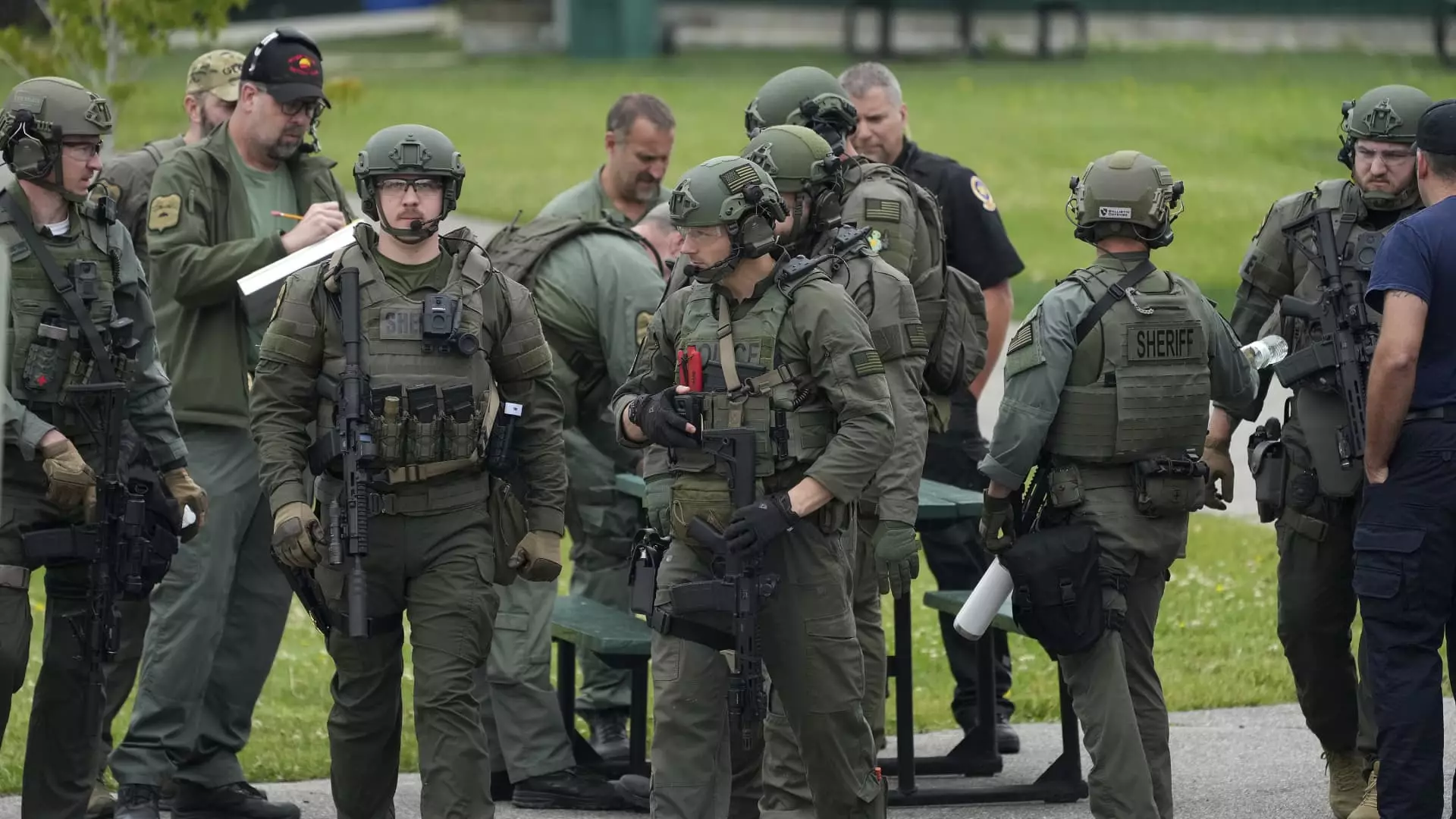The political landscape in the United States, already burdened by deepening divisiveness, has suddenly crossed into a chilling new territory: assassination. The brutal murder of Minnesota Democratic state Rep. Melissa Hortman and her husband Mark stands as a harrowing testament to how far political animosity can go. This was not merely a crime; it was a politically charged act of violence, highlighting the alarming trend of hostility towards public figures that permeates our current environment.
In an unsettling twist, the shooter is reported to have impersonated a police officer, illustrating a grotesque manipulation of trust. It’s not just Hortman’s death that shocks but the implications for the many representatives who serve the public. How can policymakers perform their duties effectively when horrid threats lay in wait at every corner? The specter of violence looms large, and it is an open question whether it can ever be completely exorcised from the political arena.
An Intimidating Manhunt
The ongoing manhunt for 57-year-old Vance Luther Boelter resonates not just as an urgent law enforcement effort, but a societal call to preemptively address the growing threats against our elected officials. Authorities’ discovery of a list of potential targets signals that the issue is larger than a single individual; it’s a systemic problem. The fear that engulfs communities and lawmakers—exemplified by Democratic Sen. Amy Klobuchar’s insistence that any encounter with Boelter should result in immediate police notification—amplifies a sense of alarm that we now live under.
The juxtaposition of fear and a struggle for normalcy raises a troubling concern: how can politicians representing diverse viewpoints foster a collaborative environment when the fear of violence can threaten dialogue? The space for constructive criticism has already been reduced, and tragedies like this stand to diminish it further. It creates an atmosphere where compromise seems not just difficult, but dangerous.
Reactions of Grief and Solidarity
The national response has been overwhelmingly one of sorrow and condemnation, yet even that collective mourning reveals cracks within our discourse. While public figures such as President Biden and Governor Tim Walz have recognized the horror of political violence, this tragedy beckons a deeper examination of the incitements that fuel such acts. The label of “political assassination” cannot be ignored if America wishes to truly understand the consequences of its heated rhetoric.
It’s reminiscent of the political climate surrounding Congresswoman Gabby Giffords’ assassination attempt in 2011, another stark reminder that the escalating tensions in politics have real-world consequences. The aftermath of these attacks calls for not just mourning but also reflection—a demand for accountability among those who stoke the fires of division, be they individuals or media outlets.
In these moments of chaos, we must ask ourselves: Will we allow this alarming event to lead to apathy, or will it galvanize us to pursue a more compassionate politics? The answer may define the country for generations to come.


Leave a Reply